President Samia Suluhu Hassan appears to be on course for re-election in Tanzania’s October 29, 2025 general election, but the poll has been overshadowed by widespread unrest, curfews, internet shutdowns and questions over its legitimacy.
Early results released by the electoral authorities and broadcast via state television show Suluhu, of the ruling Chama Cha Mapinduzi (CCM), securing an overwhelming lead, preliminary tallies recorded more than 95 percent of votes in some sampled constituencies, while turnout is reported to be notably low.
Yet the victory-march appears far from orderly. Within hours of polling opening, violent protests broke out across major cities including Dar es Salaam and Arusha. Demonstrators set fire to buses and petrol stations, clashed with police, blocked roads and defied curfews. In response security forces imposed a heightened presence, deployed troops to civilian areas and shut down internet services nationwide to try and restore order.

Human rights groups warn of a marked deterioration in democratic standards. Opposition leaders from major parties were barred from running; notably Tundu Lissu of the Chama cha Demokrasia na Maendeleo (Chadema) party remains in detention facing treason charges, while his party has been disqualified. Activists say over 200 disappearances of political opponents have been documented since 2019.
The election day disruptions triggered the declaration of a 6 p.m. curfew in Dar es Salaam by police, the suspension of ferry services to Zanzibar, and the closure of major roads and airports in protest-affected zones. One protester and one police officer have been confirmed dead; scores injured and dozens arrested. The real death toll is believed to be higher.
Critics say the lopsided early results may reflect not only overwhelming support for Suluhu but also the absence of credible opposition, the suppression of dissent, and the manipulation of electoral mechanisms. The electoral contest she faces this time around has been described as “arguably the least competitive since multiparty politics was re-introduced in Tanzania.”
Despite initially being hailed as a reformer when she assumed office in 2021 following the death of President John Magufuli, Suluhu is now accused by citizens and observers of perpetuating the kind of authoritarian tactics her predecessor was known for. Some analysts believe the scale and intensity of the current unrest may signal a transformational moment in Tanzanian politics, though how far that transformation will go remains unclear.
Many young Tanzanians, particularly in Dar es Salaam’s Mbagala, Gongo la Mboto and Kiluvya neighbourhoods, cite frustration with decades-old single-party dominance, economic stagnation and corruption as fuel for their protest actions. “What have we been doing?” one protester shouted in footage circulating on social media.
In Zanzibar, the semi-autonomous archipelago, authorities announced that incumbent President Hussein Mwinyi had won with 78.8 percent of votes; however the opposition said the vote was marred by “massive fraud.”


Internationally, the elections have drawn sharp criticism. The European Parliament described the process as “neither free nor fair,” while Amnesty International and Human Rights Watch urged immediate investigations into alleged extrajudicial killings, enforced disappearances and clampdowns on media and civil society.
As the crisis deepens, economic implications are already materialising. The US embassy issued security alerts, businesses in urban areas shut operations, trade slowed in border towns like Namanga, and an internet blackout hindered digital commerce. Analysts warn that prolonged instability could undermine Tanzania’s recent economic gains.
President Suluhu now faces the task of governing not only with her party’s dominance but amid a legitimacy deficit witnessed by widespread domestic protest and global condemnation. Whether her government will pursue reforms or double-down on repression will determine Tanzania’s trajectory. Some observers caution that either deepening authoritarianism or a meaningful breakthrough in civic participation lies ahead.
Tanzania Blocks Access to X Following Cyberattack on Police Account



